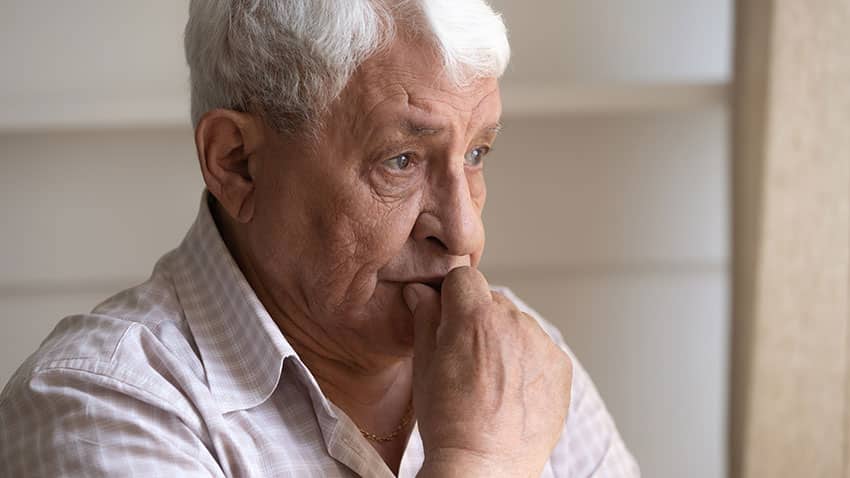
By Brigid Meney
The Voluntary Assisted Dying Bill 2021 will soon come before the NSW Legislative Council with a report from the Law and Justice Committee being made public this past week.
Some advocates for VAD have argued it is nothing more than a straightforward exercise to expedite the death of someone who is already terminally ill. But legislators and the public should be acutely mindful of exactly what grave and complex powers it will grant.
In the Parliament’s rush to push the Bill through the lower house at the end of the last sitting year, virtually all amendments were quashed. This is deeply concerning, as the existing Bill fails to consider the practical implications of VAD in the real world.
When VAD is readily available and proper palliative care is not, it’s not hard to anticipate individuals are more likely to take the more straightforward option.
“Neither doctor will even be required to examine the patient to see if they have decision-making capacity.”
So the Bill that will be presented to the Upper House loosely recognises the risks to the vulnerable, but fails to set out how the law will protect those from being coerced into ending their life.
The current Bill would allow a person requesting VAD to be assessed by two doctors. But these doctors do not have to have ever met the person before. They do not have to be specialists in the patient’s illness. They do not have to be independent of one another. They will not be required to consult the VAD requester’s doctor. And they do not have to avail themselves of that person’s medical history.
Neither doctor will even be required to examine the patient to see if they have decision-making capacity. They simply have to tick a box that indicates the person “reasonably appeared” to demonstrate it.
The doctors will not be required to proactively inquire into whether the person has made the request voluntarily. There will be no proactive attempt to detect duress. There will be no requirement to undertake a mental health assessment or talk to the family. Yet these two doctors will still be granted ultimate power to make a call on whether a lethal dose will be administered.

And all of this can be done over videoconferencing and within a space of five days between the first and last request. This tick-and-flick process is deeply incongruous with the gravity of the situation. It suggests that this is merely a technical procedure, rather than a complex and irrevocable medical decision.
Last year, the Legislative Assembly pursued the right of fast and full access in regional areas for assisted dying services. But little was made of the need to invest in decent, modern palliative care in these areas. Small mention was made of the lack of affordable services in regional areas.
When VAD is readily available and proper palliative care is not, it’s not hard to anticipate individuals are more likely to take the more straightforward option. But is this a real choice made free from any duress?
As evidence we should not be concerned about any of this, proponents will point to Victoria where assisted dying has been legal for more than two years. They will cite the words of the former chairman of the Victorian VAD Board, Betty King, who asserted “that she had looked for examples of coercion and found none.”
“… there are no provisions contained within the Bill that allow organisations with a sincere opposition to some of these gaping holes, to object to providing this service.”
But her words have been proven meaningless. Given neither Ms King nor her board have any powers to detect coercion, small wonder that her search came up with nothing. She has subsequently been unable to explain how she has reached her definitive conclusion.
Further to this, there are no provisions contained within the Bill that allow organisations with a sincere opposition to some of these gaping holes, to object to providing this service.
This will have a profound impact on the culture of care that Catholic services administer, affecting the end of life experiences of all who choose to receive care within a Catholic hospital, aged care or palliative care facility based on the mission and values that underpin their practices.
I have a fundamental moral objection to VAD. But even if some do not, they must surely agree that the lack of robust safeguards in this Bill to protect the vulnerable, or those who do not wish to participate in this culture, are startlingly obvious. The Bill that will be presented to the Upper House does not measure up and gives rise for deep concern.
Brigid Meney is the Director of Mission & Strategy for Catholic Health Australia
